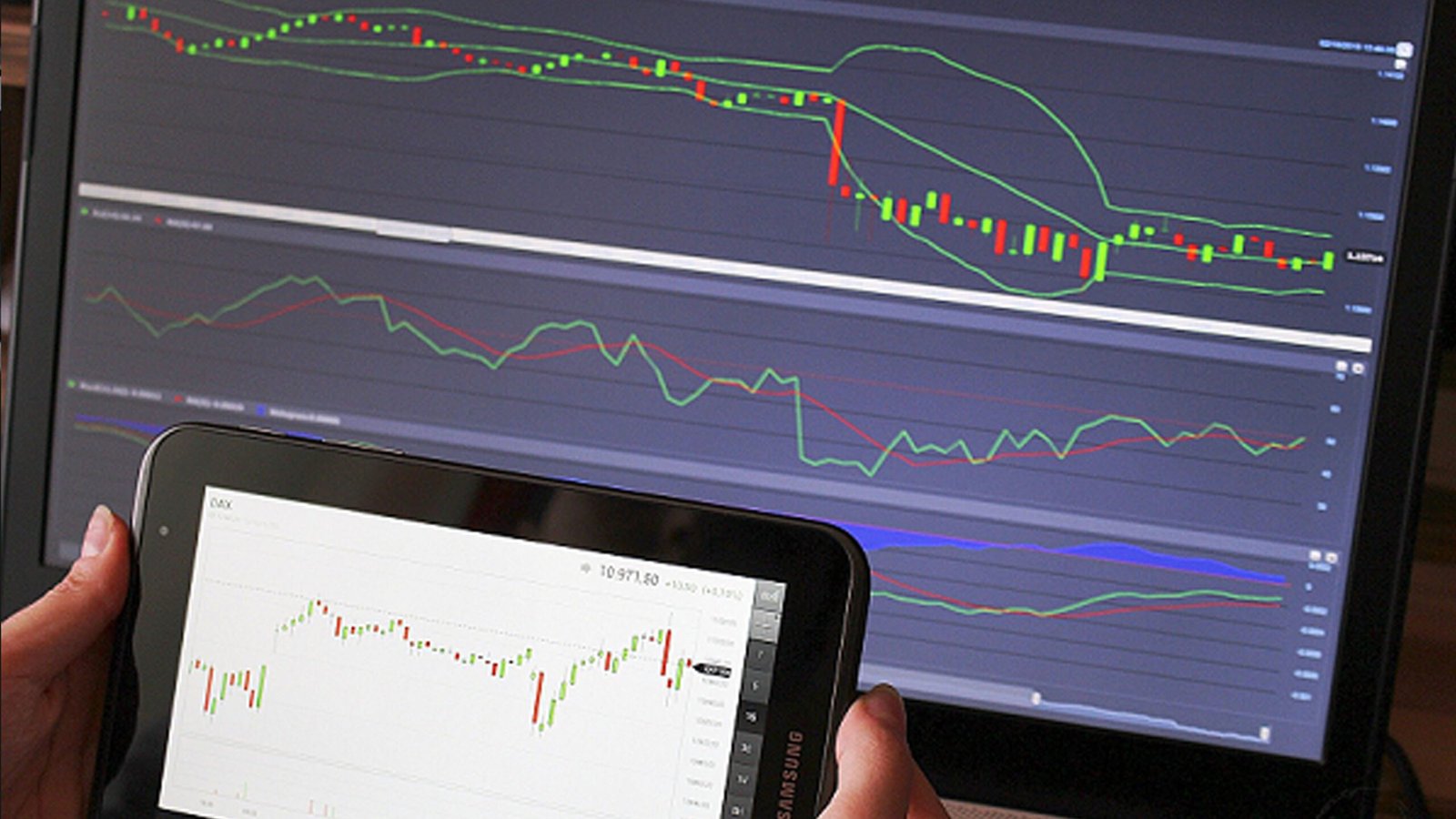Market Risk

What is market risk?
Market risk is the risk an investor faces due to the fall in the market value of a financial product resulting from factors that affect the entire market and are not limited to a particular economic commodity. Often referred to as systematic risk, market risk arises because of uncertainties in the economy, the political environment, natural or man-made disasters, or recession. It can only be hedged, however, it cannot be eliminated by diversification.
Types of market risk
There are four major types of market risk
How does the futures market work?
The futures market maintains a balance between rising commodity prices and the prices investors pay for them. It also standardizes futures contracts and allows investors to trade them with the help of futures brokers on its trading venues or clearing houses. By signing a contract, the buyer and seller agree to pay an agreed price for a commodity or derivative, regardless of future fluctuations in market prices.
Let’s say there is a grain farmer who has enough grain to sell in the market. The producer would prefer to sell the grain at a higher price. But the buyer, like the grain producers, would buy it at a lower price. A central financial exchange, aka the futures market, facilitates trading between the two.
Both parties agree to buy and sell the commodity in the futures market at a specified price at a future date by signing a futures contract. As a result, the increase or decrease in the market price does not affect the seller or the buyer – in other words, futures contracts protect the producer from market volatility by transferring risk and return. to the investor.
Futures Markets Purpose
Futures contracts are derivatives traded on an exchange whose value depends on the value of the underlying asset. And futures markets allow you to trade these derivatives at a later date, called the expiration date, at a predetermined price. In addition, these exchanges serve other purposes, such as:
Price discovery or speculation: Buyers and sellers around the world converge on a single market to fix the prices of commodities and financial instruments for delivery future and take advantage of market volatility.
Transfer or hedging of price risk – Buyers and sellers set the price of commodities and financial instruments for future delivery to avoid losses due to market volatility.
Steps In Futures Markets Trading
Futures market trading works similarly to that stock market trading but with a few distinct steps, which are as follows:
- Register with a clearinghouse to open a trading account.
- Making a deposit
- Buying or selling a futures contract at the current market price (the futures price)
- Purchasing in the future indicates that the buyer is taking a long position
- Selling in the future indicates that the seller is in a short position
- Buying or selling the commodity before it expires, or
- Buying or selling before the contract’s expiration date to complete the transaction.
Example
Stella is a corn farmer who expects a higher price for her crop. But he worries because he suddenly harvests, putting the corn in danger. His efforts will be in vain if this happens. on the other hand, there is a company that needs bulk corn to produce flour. Although the company cannot buy all the corn for the year at the same time, it wants to buy it at a lower price.
The two enter a futures market and sign a futures contract to fix the price of corn until the contract expires. This means that no matter how high or low the price of wheat is, the coins will not be affected. However, if the price of wheat increases at the time of the sale, Stella will benefit, but the flour mill will lose. Likewise, if the price falls, the situation will be reversed.





